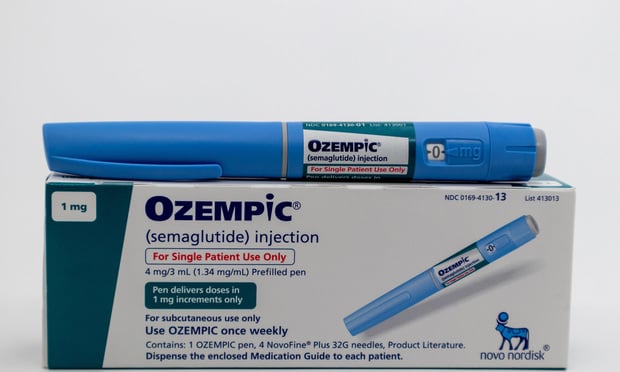NEW YORK (AP) — Most patients getting chemotherapy for incurable lung or colon cancers mistakenly believe that the treatment can cure them rather than just buy them some more time or ease their symptoms, a major study suggests. Researchers say doctors either are not being honest enough with patients or people are in denial that they have a terminal disease.
The study highlights the problem of overtreatment at the end of life — futile care that simply prolongs dying. It's one reason that one quarter of all Medicare spending occurs in the last year of life.
For cancers that have spread beyond the lung or colon, chemo can add weeks or months and may ease a patient's symptoms, but usually is not a cure. This doesn't mean that patients shouldn't have it, only that they should understand what it can and cannot do, cancer experts say.
Often, they do not. Dr. Jane C. Weeks at Dana-Farber Cancer Institute and researchers at several other Boston-area universities and hospitals led a study of nearly 1,200 such patients around the country. All had been diagnosed four months earlier with widely spread cancers and had received chemo.
Complete your profile to continue reading and get FREE access to BenefitsPRO, part of your ALM digital membership.
Your access to unlimited BenefitsPRO content isn’t changing.
Once you are an ALM digital member, you’ll receive:
- Critical BenefitsPRO information including cutting edge post-reform success strategies, access to educational webcasts and videos, resources from industry leaders, and informative Newsletters.
- Exclusive discounts on ALM, BenefitsPRO magazine and BenefitsPRO.com events
- Access to other award-winning ALM websites including ThinkAdvisor.com and Law.com
Already have an account? Sign In
© 2024 ALM Global, LLC, All Rights Reserved. Request academic re-use from www.copyright.com. All other uses, submit a request to [email protected]. For more information visit Asset & Logo Licensing.








